Patent Trolls: The Hidden Costs of Being an IT Entrepreneur in the US
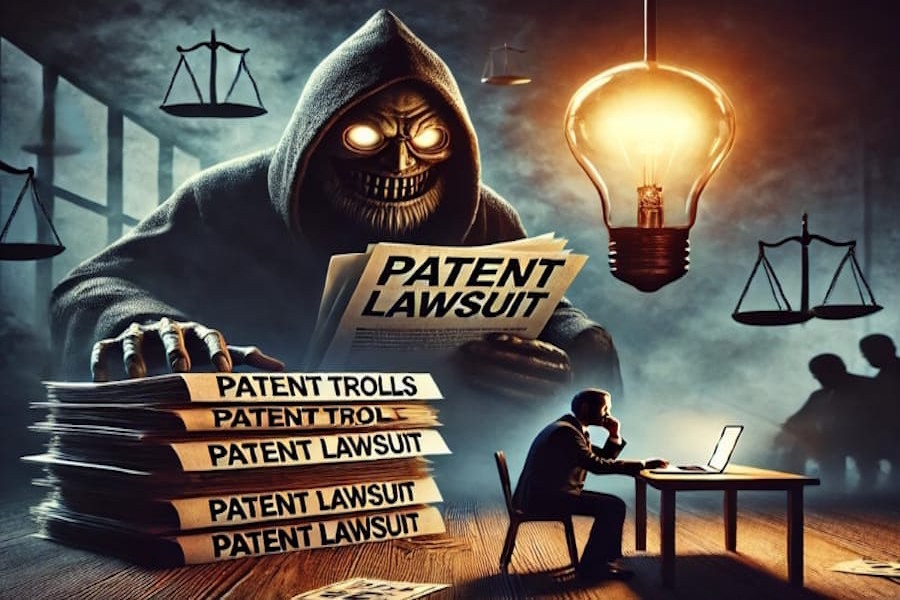
Publish Date: Last Updated: 10th February 2025
Author: nick smith- With the help of CHATGPT
Imagine this: you’ve spent years developing a groundbreaking product, perfecting your software, or designing an innovative app. You launch it on an app store, and it becomes a top seller overnight. Your dream is finally coming true—until you receive a legal document claiming you’ve infringed on a patent. The accusation is vague, offering no specifics unless you sign a non-disclosure agreement (NDA). This NDA effectively silences you from discussing the case publicly.
Welcome to the world of patent trolls, entities that thrive on exploiting the patent system to extract settlements from entrepreneurs. Fighting a patent lawsuit costs an average of $3 million and can take years to resolve, even if you win. Worse still, these shell companies hold no real assets, so winning often means no financial recovery. And as soon as one lawsuit ends, another may be lurking around the corner.
Patent trolls are not just a nuisance—they’re a threat to innovation, a tax on entrepreneurship, and a barrier to economic growth in the tech industry. This article dives deep into the dark side of patent trolls, the implications for IT entrepreneurs, and why urgent reform is needed.
YouTube Videos on dealing with Patent Trolls
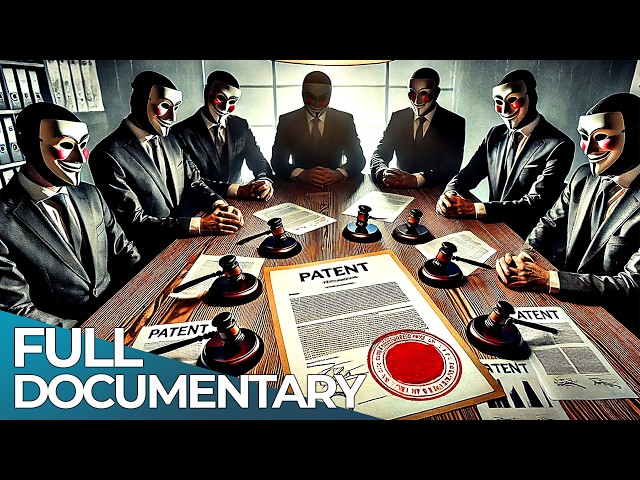
Why the U.S. Patent System is literally SCAM! | The Patent Scam | FD Finance
YouTube Channel: FD Finance
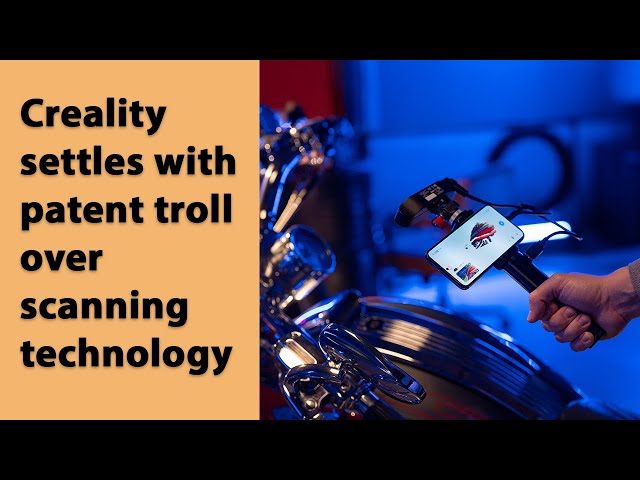
Creality settles with patent troll over CR-Scan 3D Scanner. #3dprinting #creality #law
YouTube Channel: 3Dprintinglawyer
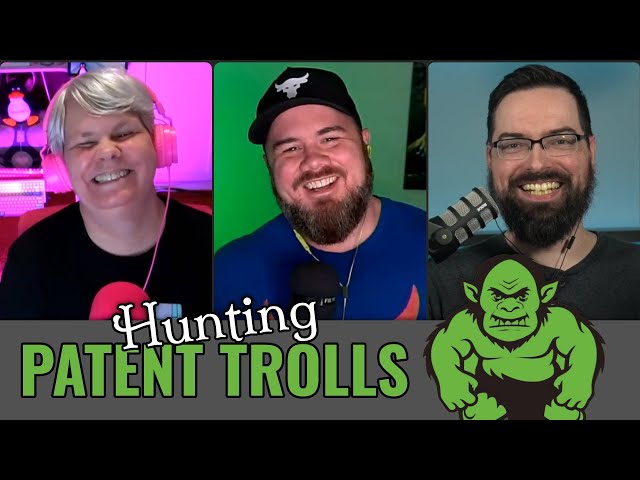
Open Source Strikes Back Against Patent Trolls!
YouTube Channel: Destination Linux
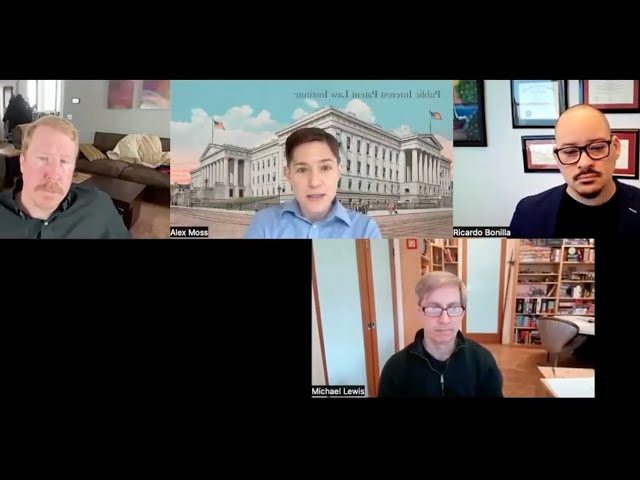
When Patent Trolls Attack: True Stories from the Frontlines
YouTube Channel: Public Interest Patent Law Institute
What Are Patent Trolls?
1. Defining Patent Trolls
Patent trolls, formally known as non-practicing entities (NPEs), are organizations that hold patents but do not produce goods or services. Instead, they use patents as weapons to demand licensing fees or file lawsuits against businesses allegedly infringing on their intellectual property.
Unlike traditional patent holders who innovate and develop products, patent trolls:
- Acquire broad or vague patents, often on ideas rather than specific implementations.
- Target successful businesses with the resources to pay settlements.
- Exploit the high cost and time burden of litigation to force victims into settling.
2. How They Operate
Patent trolls thrive on legal ambiguities and loopholes in the US patent system:
- Vague Claims: Lawsuits often fail to specify how the patent is being infringed.
- Non-Disclosure Agreements: Victims must sign NDAs before even viewing the claim details, silencing public discourse.
- Shell Companies: Trolls operate through shell entities, insulating themselves from financial liability.
3. Targets of Patent Trolls
Small to medium-sized businesses and tech startups are prime targets because they lack the resources for prolonged legal battles. High-profile companies like Google and Apple have also faced patent trolls, but the financial burden is disproportionately heavier on smaller players.
The Hidden Costs of Patent Trolls
According to this study, each year, patent trolls create $29 billion in direct, out-of-pocket costs from the companies they go after. Another study found that the companies that settle with patent trolls, or lose to them in court, wind up reducing investments in research and development by an average of more than $160 million over the next two years (2014).
1. Financial Burden
The average cost of defending against a patent troll lawsuit is $3 million. For startups, this often means:
- Diverting funds from product development.
- Losing investor confidence.
- Risking bankruptcy.
2. Stifling Innovation
Patent trolls exploit NDAs to keep their practices under wraps, but the damage is widespread:
- Entrepreneurs avoid certain markets or abandon promising ideas for fear of litigation.
- Resources are spent on legal fees instead of innovation.
- Industries like software, cloud computing, and open-source development face significant slowdowns.
3. Impact on Open Source
Patent trolls increasingly target open-source projects. Organizations like the Linux Foundation and CNCF (Cloud Native Computing Foundation) have partnered with Unified Patents to protect the community, but the threat remains pervasive. Open-source innovation is particularly vulnerable because it thrives on collaboration, making it an easy target for exploitation.
Real-World Implications
1. Case Studies
- Small Startups: Many startups settle quickly to avoid the cost and uncertainty of litigation, even when the claims are baseless.
- High-Profile Cases: Larger companies often endure prolonged battles, setting legal precedents but at enormous financial costs.
2. Psychological Toll
The constant threat of litigation creates a culture of fear among tech entrepreneurs, discouraging risk-taking and innovation.
The Dark Side of Patent Trolls
1. A No-Win Scenario
Even when entrepreneurs fight and win:
- Shell companies declare bankruptcy, leaving no assets to recover.
- Success often invites more lawsuits, as settlements encourage further trolling.
2. The Threat to National Competitiveness
Patent trolls drain billions of dollars from the economy annually. This systemic abuse disproportionately affects the US, undermining its status as a hub for innovation.
3. Patent Trolls in Warfare
The implications extend beyond business:
- Advanced technologies like AI, cloud computing, and robotics are stifled by litigation.
- Countries lagging in patent reform could fall behind in global technological competitiveness.
Ethical and Legal Questions
1. Should This Be Legal?
Patent trolls exploit the legal system, but their practices raise ethical concerns:
- Is it fair to weaponize intellectual property without contributing to innovation?
- Should NDAs be enforceable in patent litigation?
2. Potential Reforms
Efforts to curb patent trolling include:
- Narrowing the scope of patent eligibility.
- Imposing stricter requirements for proving infringement.
- Creating specialized courts for patent disputes to reduce frivolous claims.
Efforts to Combat Patent Trolls
1. Advocacy and Support
Organizations like the Electronic Frontier Foundation (EFF) and Unified Patents provide resources and legal support for victims.
2. Legislative Action
Some progress has been made:
- The America Invents Act introduced post-grant review processes to challenge dubious patents.
- However, further reforms are needed to address loopholes.
Conclusion: A Call for Change
Patent trolls are a hidden tax on entrepreneurship, stifling innovation and draining resources from businesses striving to succeed. For IT entrepreneurs, the cost is more than financial—it’s a barrier to creativity, growth, and economic progress.
The US must prioritize patent reform to protect its innovators. Without meaningful change, the next big idea may never see the light of day, buried under the weight of exploitative litigation.
Trending News Articles
AI Questions and Answers section for Patent Trolls The Hidden Costs of Being an IT Entrepreneur in the US
Welcome to a new feature where you can interact with our AI called Jeannie. You can ask her anything relating to this article. If this feature is available, you should see a small genie lamp above this text. Click on the lamp to start a chat or view the following questions that Jeannie has answered relating to Patent Trolls The Hidden Costs of Being an IT Entrepreneur in the US.
Be the first to ask our Jeannie AI a question about this article
Look for the gold latern at the bottom right of your screen and click on it to enable Jeannie AI Chat.





